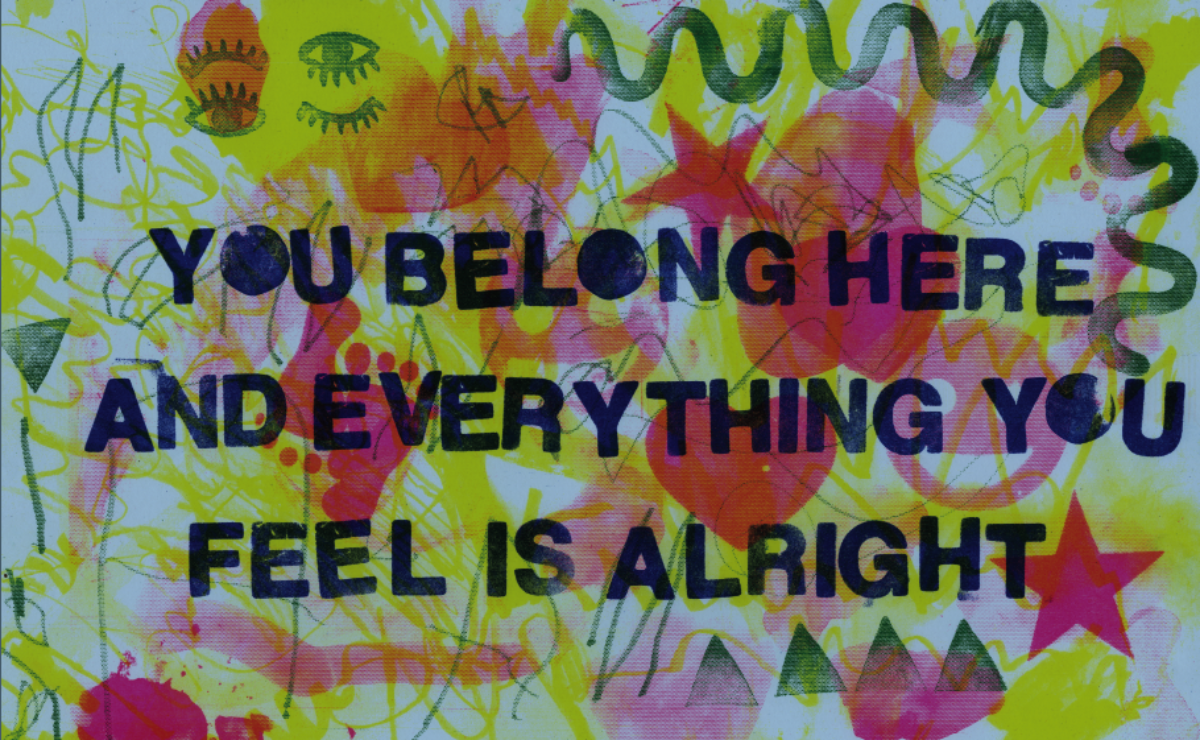The issues and challenges to the heteronormative nuclear family, especially in queer families, which many people view as social problems are usually perceived so that they destabilize the foundations on which the moral fabric of the family is built. A recent census shows that many people do not live in traditional nuclear families. The nuclear family is made up of the patriarchal, the mother and the children and feminist and queer interventions challenge this by having other ways through which the family can be made—for instance, the issue of the single–parent family and same-sex marriage. The idea in a nuclear family is that the father is the head, but with a feministic approach, anybody can be the family’s head. This can be seen in the case of single–parent. From a queer perspective, same-sex marriage can form a family, hence challenging the nuclear family’s exact notion.
Families can be formed in many ways, and the idea of the traditional nuclear family can be challenged. We have examples of senior citizens taking care of each other and living as a family and can include same-sex marriage. These new dimensions of the family can be unmarried heterosexual couples, same-sex couples and seniors. My thoughts on family structure are that there is a need to be open and allow new interventions to cover many people. The idea of the traditional nuclear family is not so strong and to cater to everyone, and there is a need to allow these new interventions. These new interventions will offer so much in terms of the family and allow so many people to be considered part of the family without necessarily falling into the nuclear family category.
In my opinion, I don’t think same sex or not really matters, as long as there’s love. Raising children isn’t easy at all , but as long as you’re willing to give all that you have, and educate them everything will be great and that’s the only thing that really matters.
